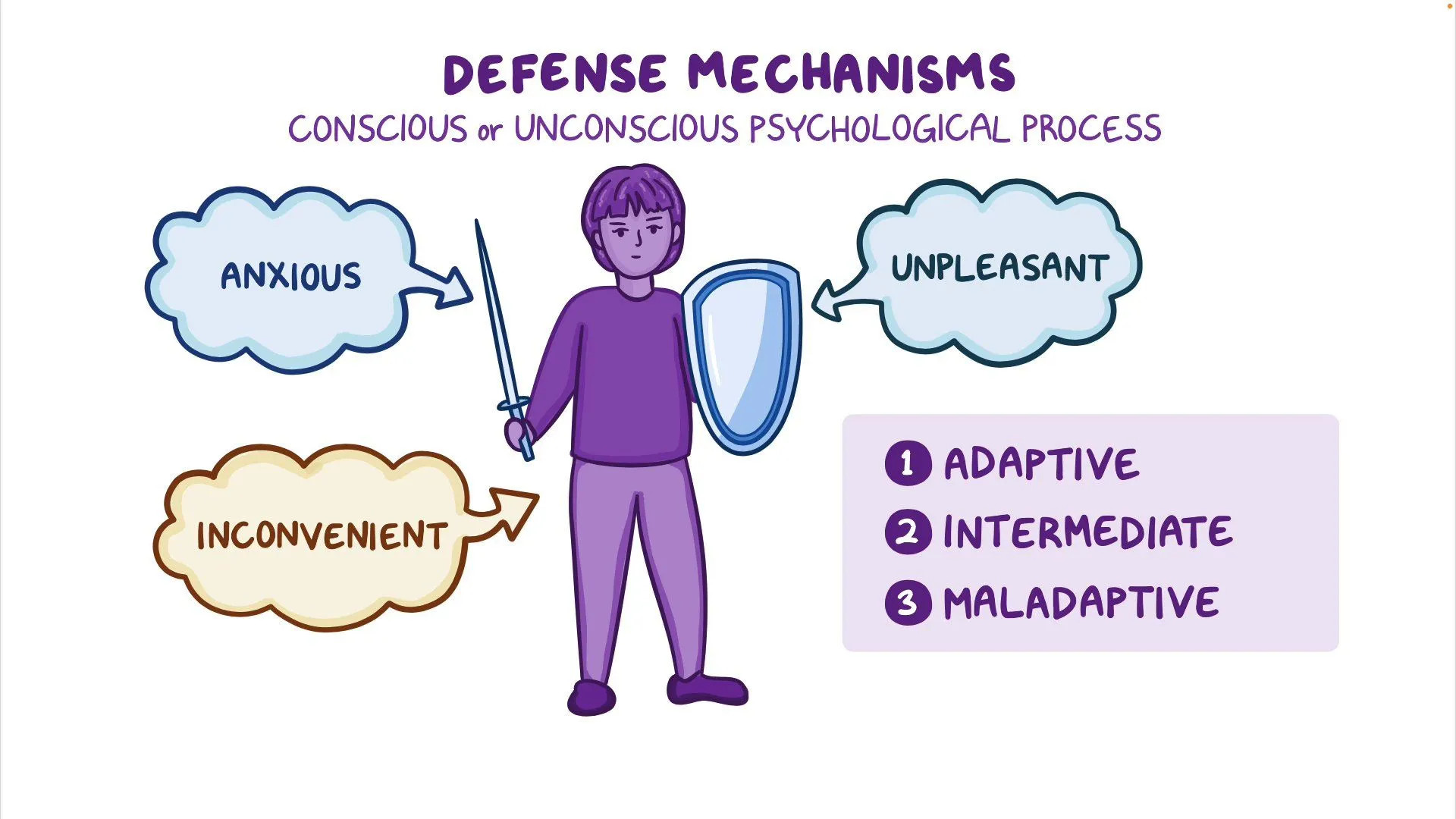Why do we lie to ourselves: a look at Defense Mechanisms
Why We Lie to Ourselves: A Look at Defense Mechanisms
Some thoughts are too uncomfortable to face directly. Instead of dealing with them head-on, our minds often find clever (and sometimes strange) ways to protect us from the stress they cause. In psychology, these mental tricks are called defense mechanisms — and according to the psychodynamic approach, we all use them without even realizing it.
The Basics: What Are Defense Mechanisms?
The concept of defense mechanisms comes from Sigmund Freud, who believed much of our behavior is driven by unconscious forces. His theory suggested that when anxiety, guilt, or conflict becomes too overwhelming, the mind defends itself by distorting reality. These are not conscious decisions — they happen automatically as a way to reduce emotional discomfort.
Later, Anna Freud expanded on this idea, identifying different types of defenses that people commonly use in everyday life.
Examples You Might Recognize
Even though defense mechanisms are unconscious, they show up in very familiar ways. Here are a few common ones:
- Denial – Refusing to accept something that's clearly true because it's too painful.
- Projection – Attributing your own unwanted thoughts or feelings to someone else.
- Displacement – Redirecting emotions toward a safer or more convenient target.
- Rationalization – Justifying bad behavior or failure with excuses instead of taking responsibility.
- Repression – Pushing distressing memories or thoughts so deep down that they become inaccessible to the conscious mind.
Most of us use these without thinking about it — for example, blaming a friend for being distant when, deep down, we might be the ones pulling away.

Why It Matters
Although defense mechanisms can sometimes help us cope in difficult moments, relying on them too much can keep us stuck. If we always avoid the truth, we miss the chance to grow from our experiences. Learning to recognize these patterns in ourselves can make us more emotionally aware and help us respond more thoughtfully — instead of just reacting automatically.
Psychodynamic psychology reminds us that we're not always as in control of our behavior as we think. But with some reflection and insight, we can start to understand our inner world a little better — and maybe even respond to life in a healthier, more honest way.
Understanding how our minds protect us is the first step in learning how to face what we're actually feeling. Defense mechanisms may be invisible, but their impact is very real.
